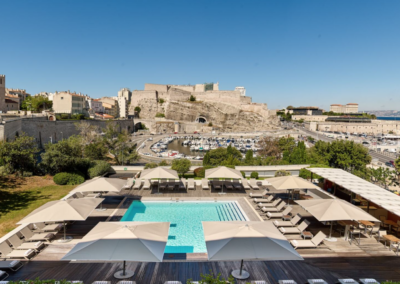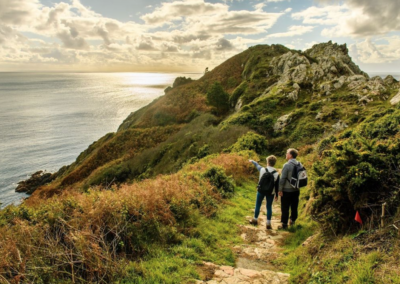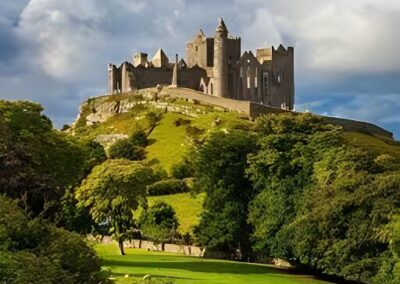Green marketing : opportunity or trap ?

With the hope that the health crisis is coming to an end, discovering, and preserving the planet’s diversity is at the heart of the conversation. The French want to live new adventures that are more unusual but more in line with their commitment to responsibility. How can you ensure that your communication strategy will appeal to this new generation of globetrotters and make a difference in an increasingly developed “responsible tourism” offer?
The numbers speak for themselves. According to a survey conducted by Booking.com, 87% of tourists would like to travel more responsibly and 67% of them are ready to increase their vacation budget by 5% to reduce their environmental impact on the planet. The trend is green in almost every industry, with destinations, airlines and resorts emphasizing nature, adventure, and self-reliance with increasingly sustainable initiatives. Generation Z is particularly difficult to appeal to because of their hyper-awareness of a more responsible lifestyle. A “green” marketing strategy must present the actions, products, and values of the brand, conscious of its environmental impact, and ready to associate its customers to share its efforts.
Proposing an effective communication that promotes its responsible or “green” tourism offer has therefore become a real challenge for destinations – cities, regions or countries that are competing for ideas in this field.
Green marketing must emphasize a long-term commitment
This green trend is first and foremost a new way of thinking, which is changing consumer habits and is gaining momentum in the media and on social networks. If most destinations have put sustainable initiatives at the heart of their development priorities, few of them know how to promote and enhance their efforts in the media or in digital communication. Being “green” is good. It’s better to promote the seriousness of one’s approach and demonstrate that one’s commitment is long-term. Tourists are sensitive to serious and ruthless initiatives if the choice of a “green” communication is not based on concrete decisions.
Countries like Finland and Iceland have been working on this segment for a long time and have implemented concrete actions to make their visitors aware of sustainable development issues, but also to enhance their brand image. Finland, for instance, which presented Delight Packaging, which reinvents packaging in a more sustainable and reusable way, or Kiilto, which develops biodegradable packaging adhesives at the eco-friendly event ChangeNOW 2020. Iceland, meanwhile, has launched a campaign in 2019 to mobilize for the environment: Kranavatn – tap water in Icelandic – to promote the consumption of pure and free water from Icelandic lands, for zero waste tourism encouraging travelers to stop using single-use water bottles. It also asked its visitors to sign the Icelandic oath offered to tourists – committing to respect the nature that Iceland provides during their stay on the island. These destinations are now considered pioneers in green marketing with powerful actions and original communication campaigns.
You got it, green marketing is a determining factor for an optimal and efficient communication. Don’t wait any longer to stand out and adopt a strategy in line with the products you are able to offer and the values of your brand. To avoid the risk of “greenwashing”, nothing beats the support of an agency. Our teams are at your disposal anytime to share their experience!
Alycia Jonot
PR & Digital consultant | Tourism
alycia@groupexpression.fr












